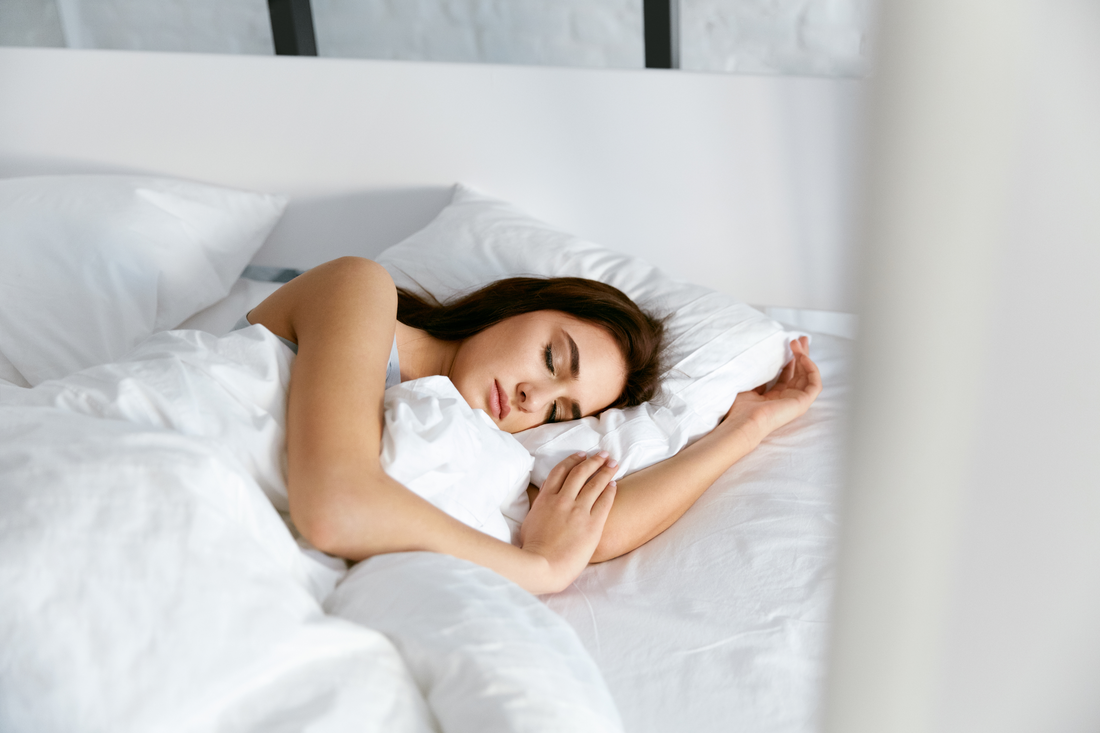In the pursuit of optimal health, it's important to explore various practices that can contribute to our wellbeing. One such practice is mouth taping during sleep, a method that encourages nasal breathing. While it may sound unconventional, this technique is gaining recognition for its potential to improve sleep quality and overall health by ensuring that breathing occurs naturally and effectively through the nose.
The Science Behind Mouth Taping
Mouth taping is a simple method to encourage breathing through the nose during sleep. This technique aligns with the belief that nasal breathing is superior to mouth breathing for various physiological reasons, including better oxygenation and moisture retention.
Transformative Effects on Health
1. Enhanced Sleep Quality: Nasal breathing ensures a steady, more efficient oxygen flow, leading to deeper and more restorative sleep.
2. Reduction in Snoring: Mouth taping can significantly decrease snoring, providing a quieter and more peaceful sleep environment.
3. Oral Health Benefits: By preventing the drying effect of mouth breathing, nasal breathing maintains a healthier balance in the oral microbiome.
4. Improved Respiratory Function: Nasal breathing warms and filters the air, potentially enhancing lung function and overall respiratory health.
5. Stress Reduction: Consistent nasal breathing during sleep can activate the parasympathetic nervous system, promoting relaxation and reducing anxiety.
Implementing Mouth Taping Safely
1. Select Appropriate Tape: It's crucial to choose hypoallergenic, skin-friendly tape specifically designed for mouth taping.
2. Gradual Adaptation: Begin with short sessions to acclimate to the sensation of mouth taping.
3. Clear Nasal Passages: Address any nasal blockages or allergies to ensure comfortable and effective nasal breathing.
4. Consult Healthcare Providers: Always seek advice from health professionals before starting new health practices, especially for those with respiratory issues or sleep disorders.
Mouth taping for nasal breathing during sleep is an intriguing practice with a spectrum of potential health benefits. While it may seem unconventional, its effectiveness in enhancing sleep quality and overall health is supported by growing anecdotal and scientific evidence. As always, proceed with care and professional guidance.

